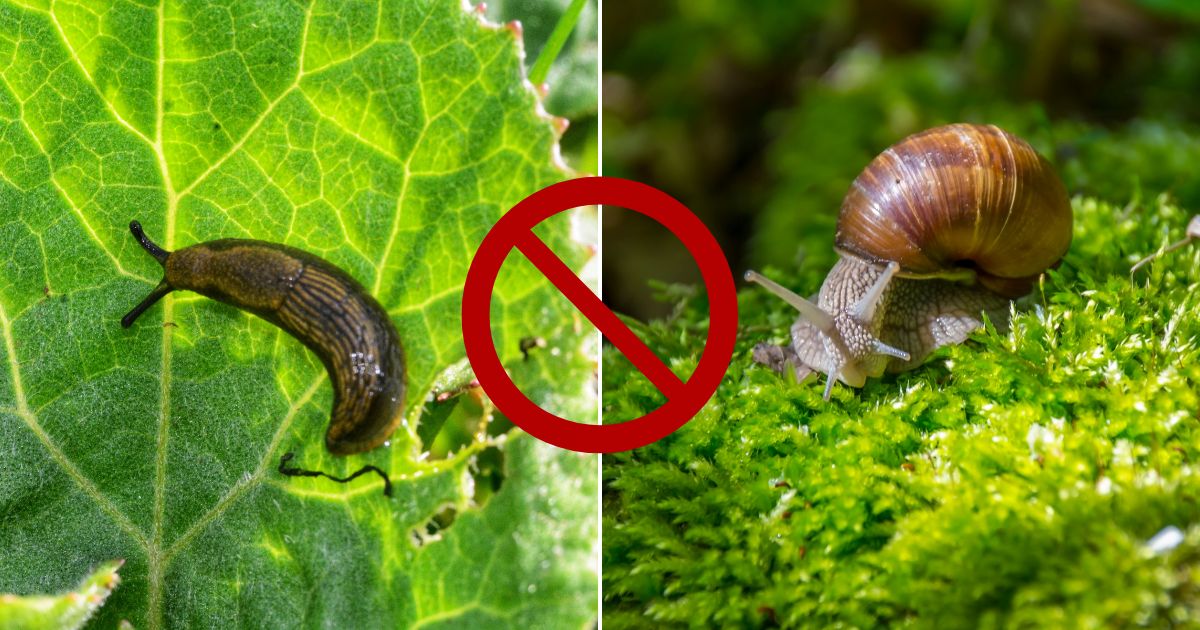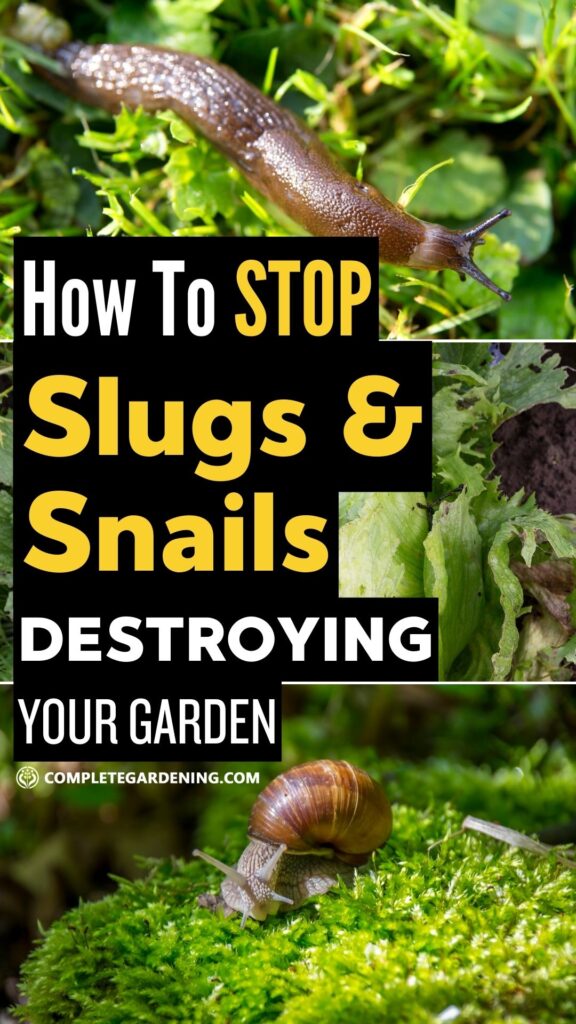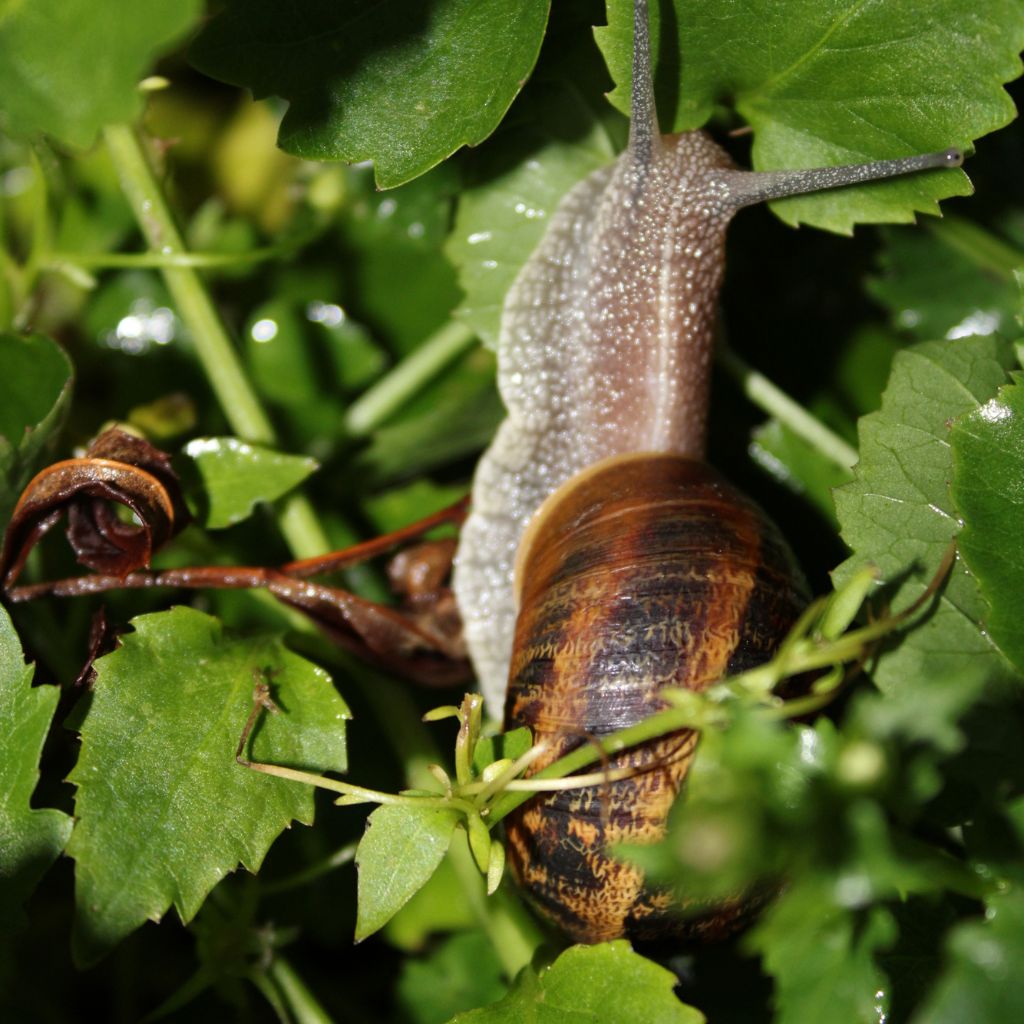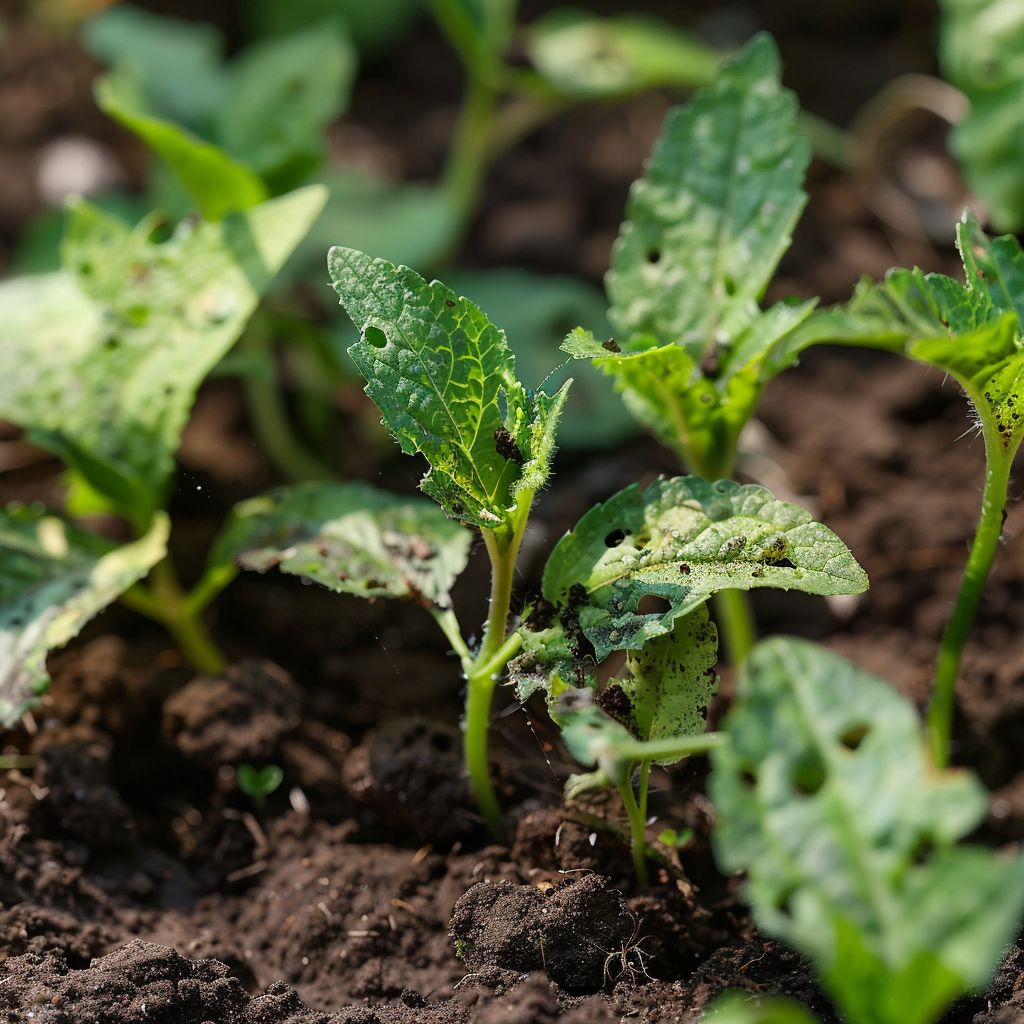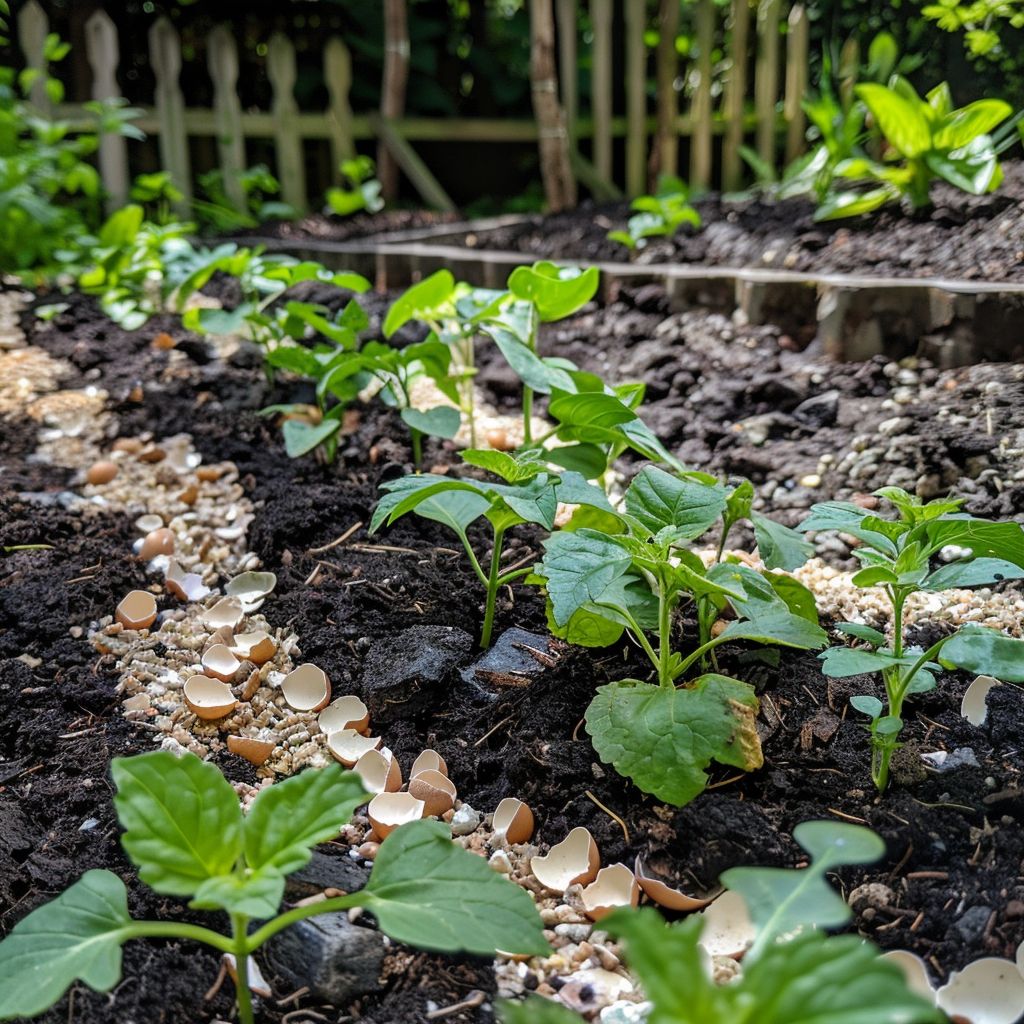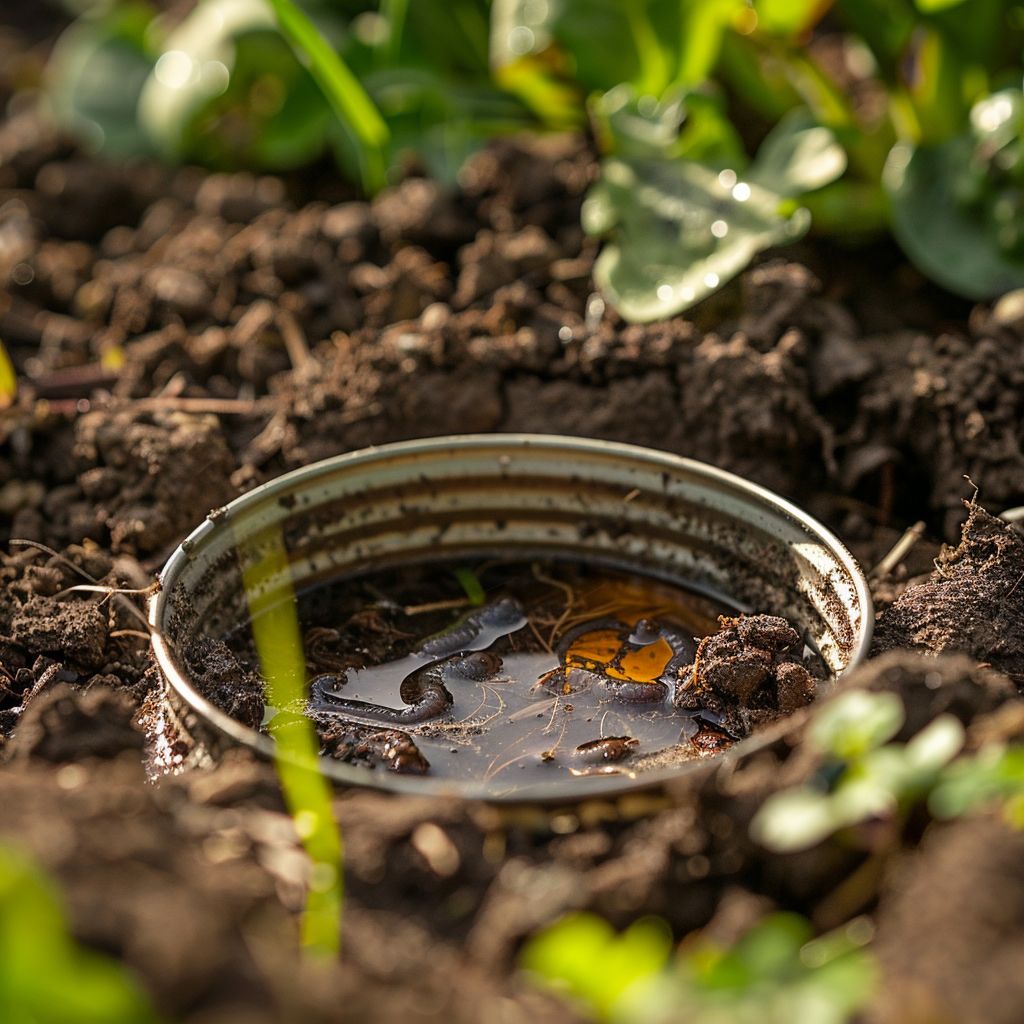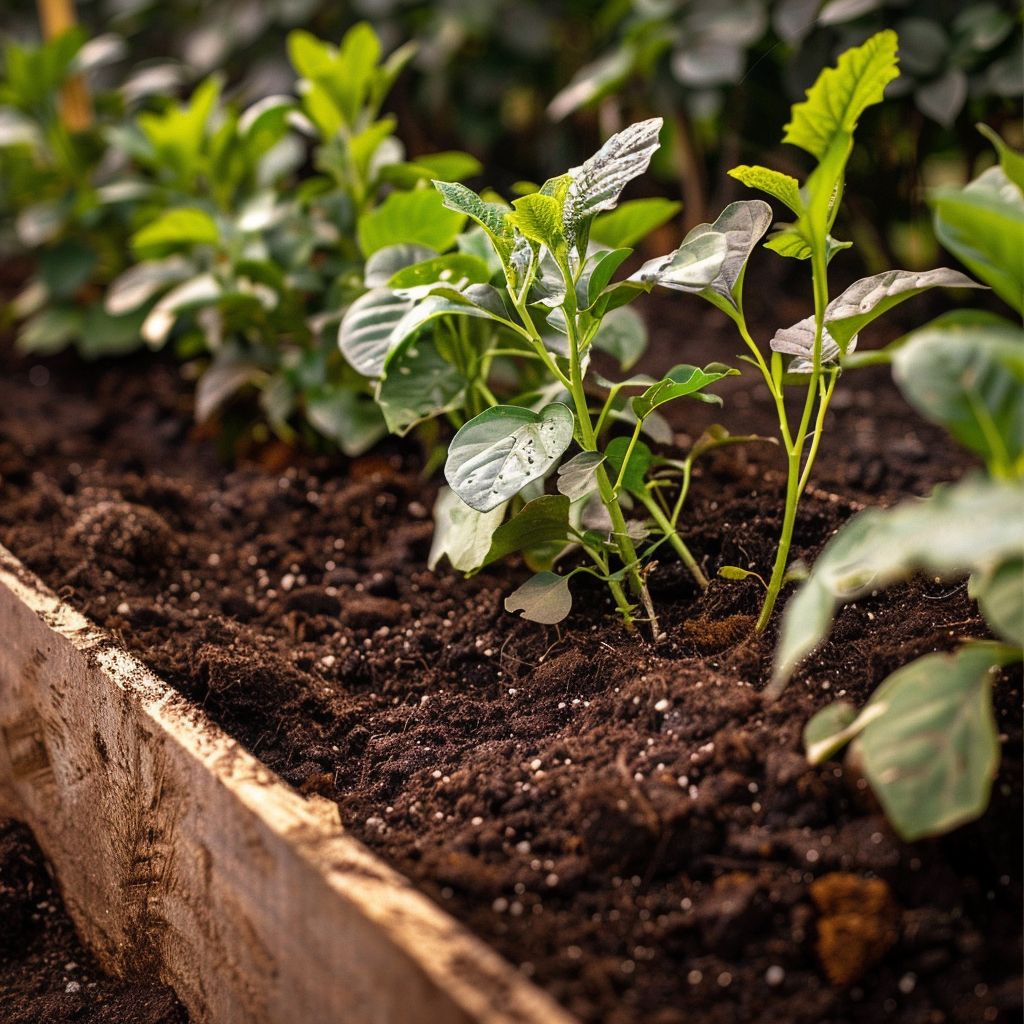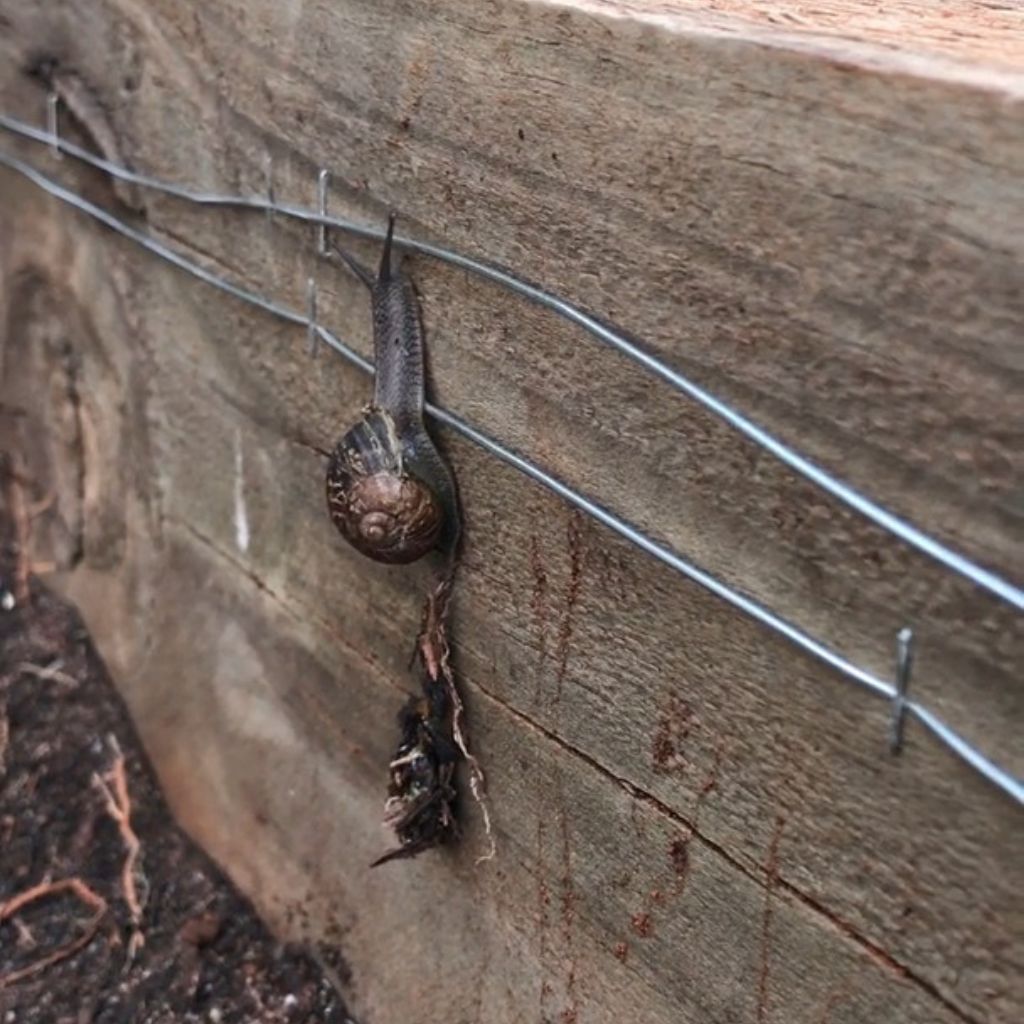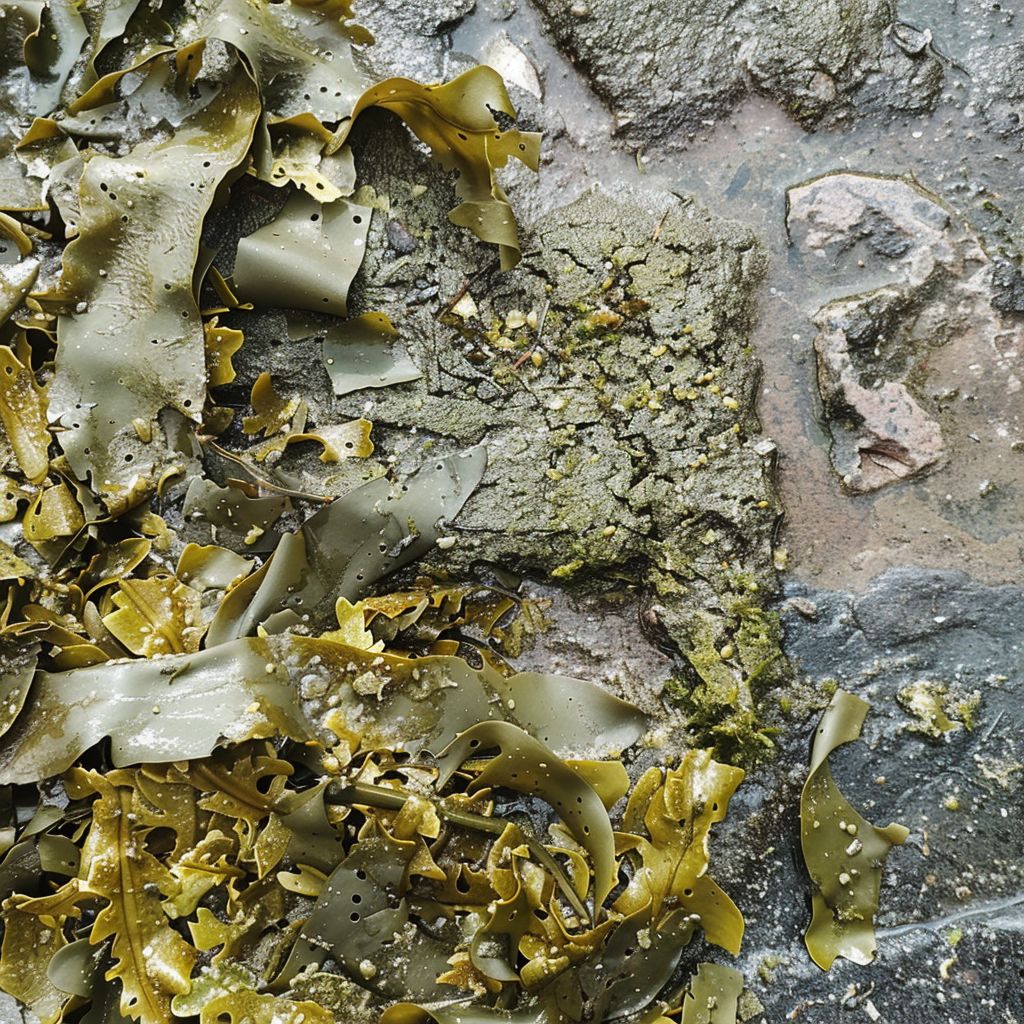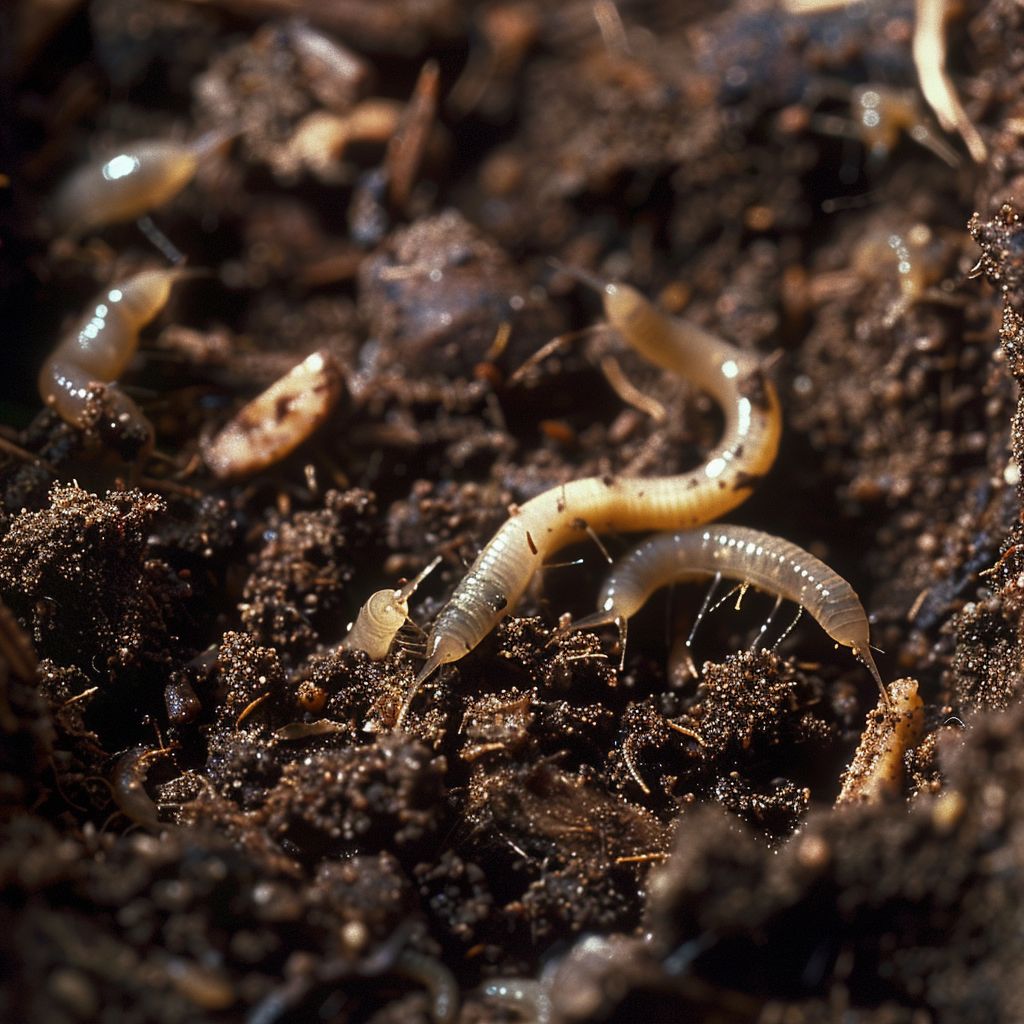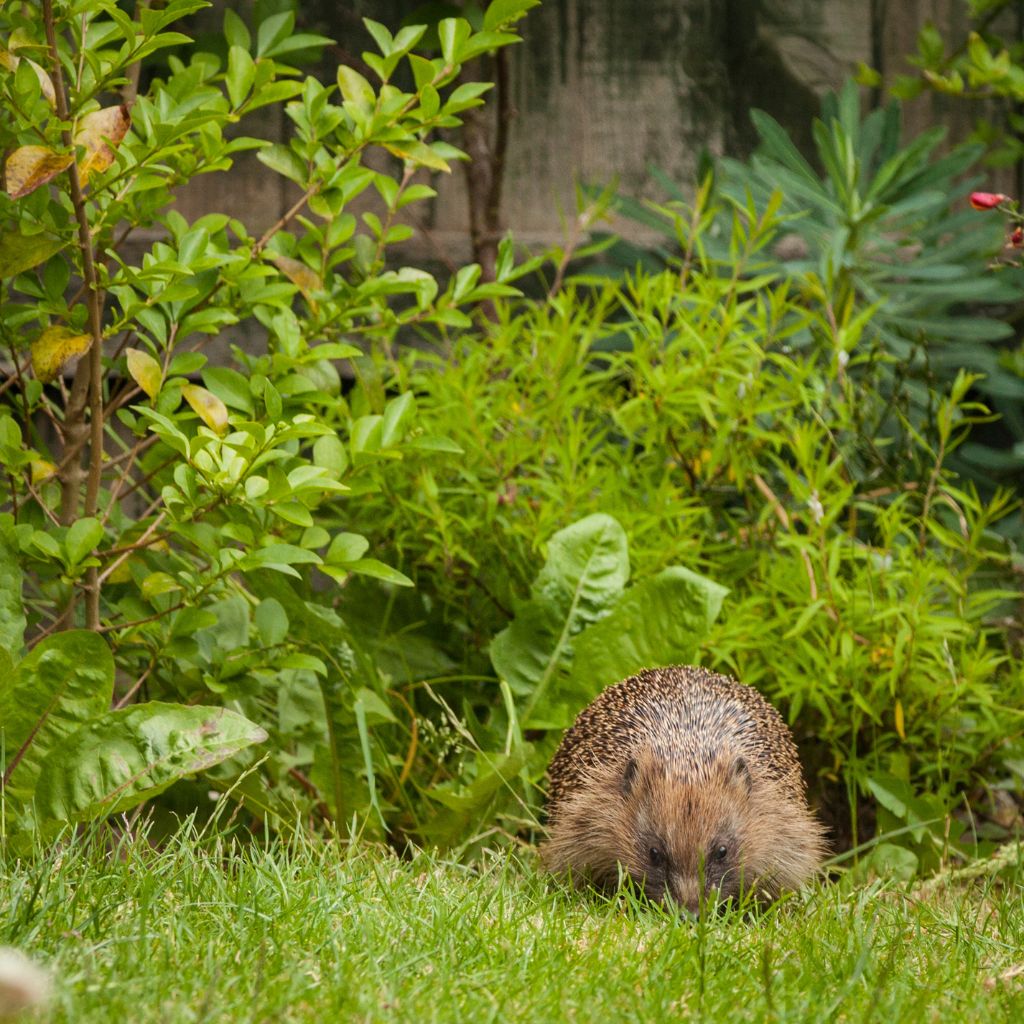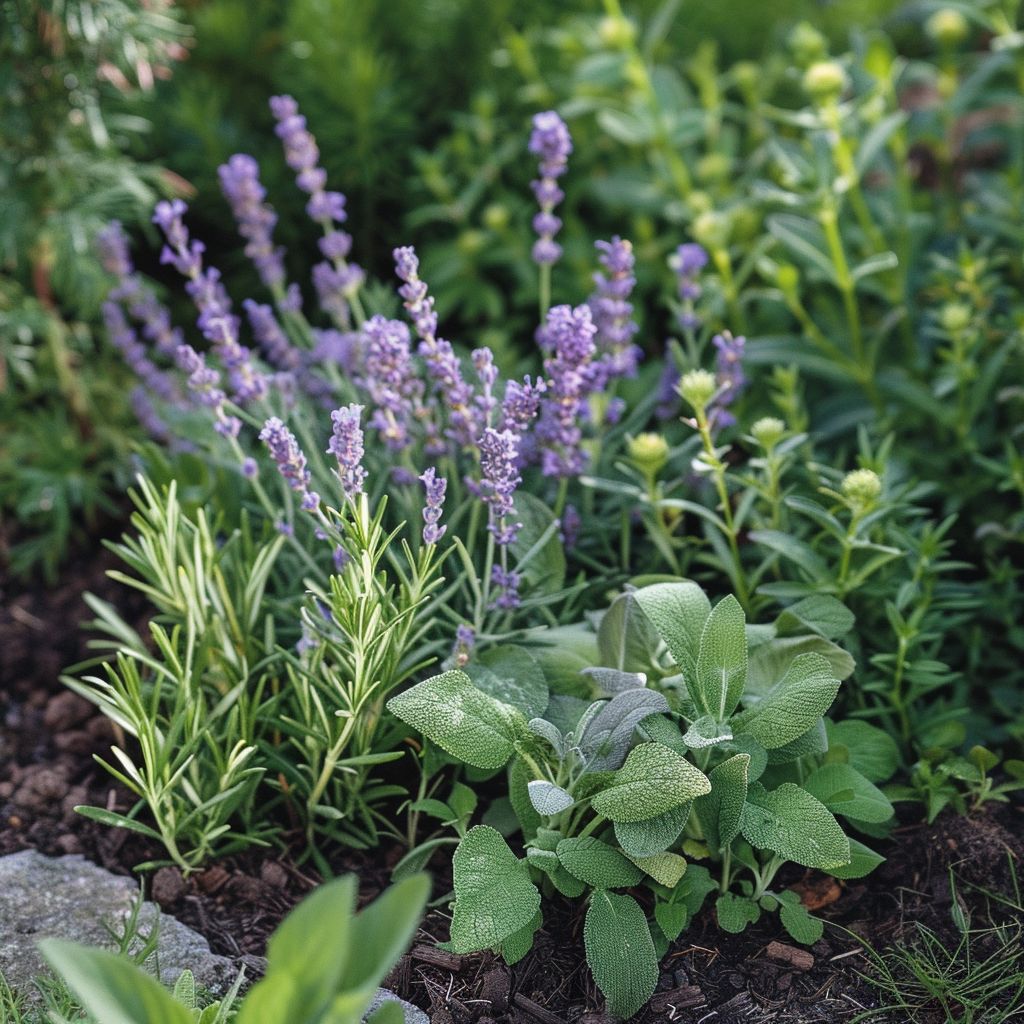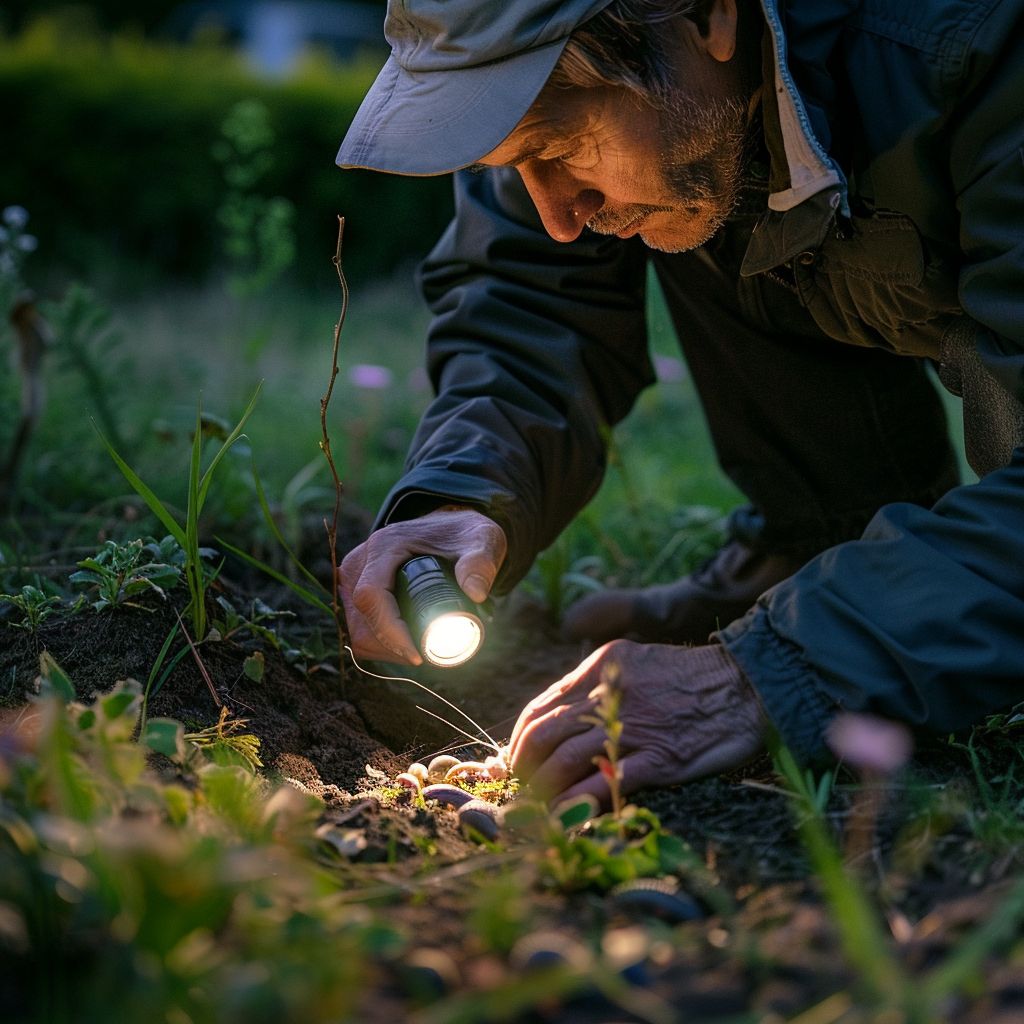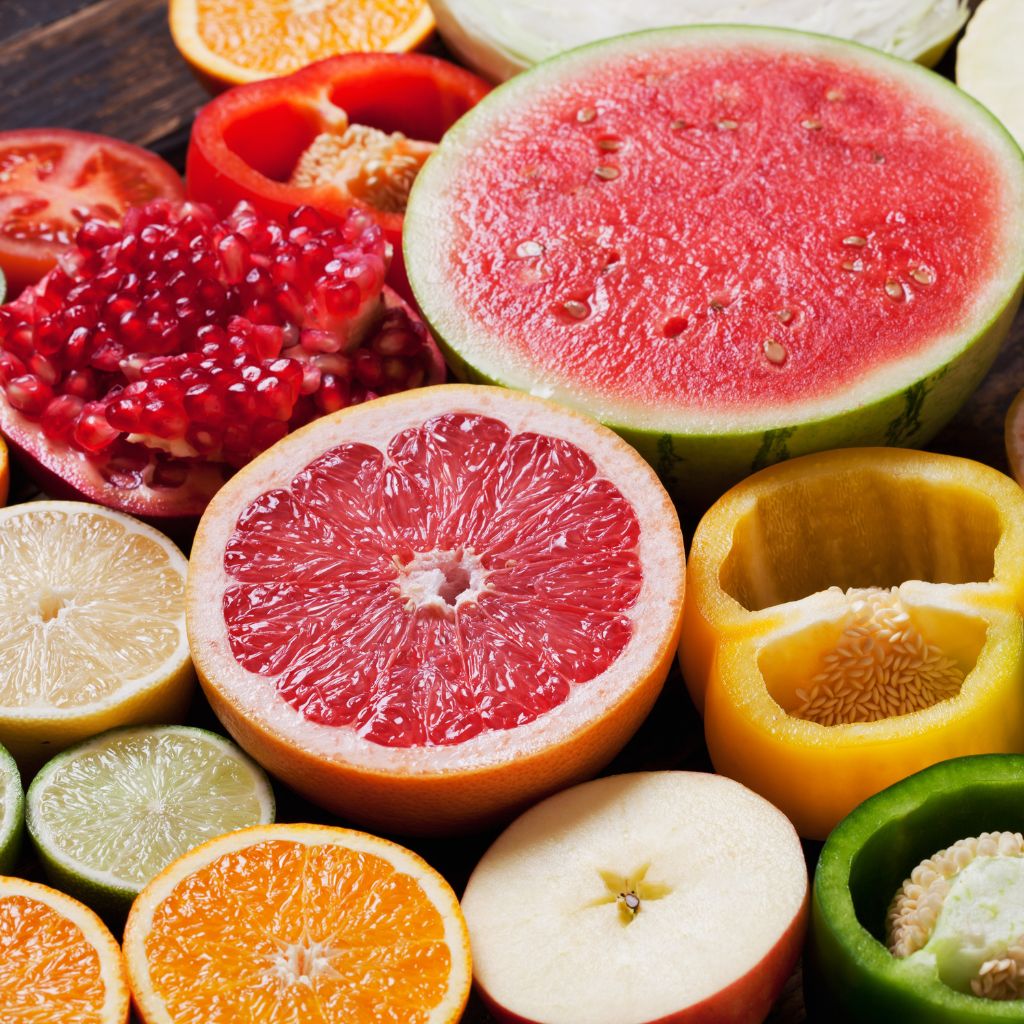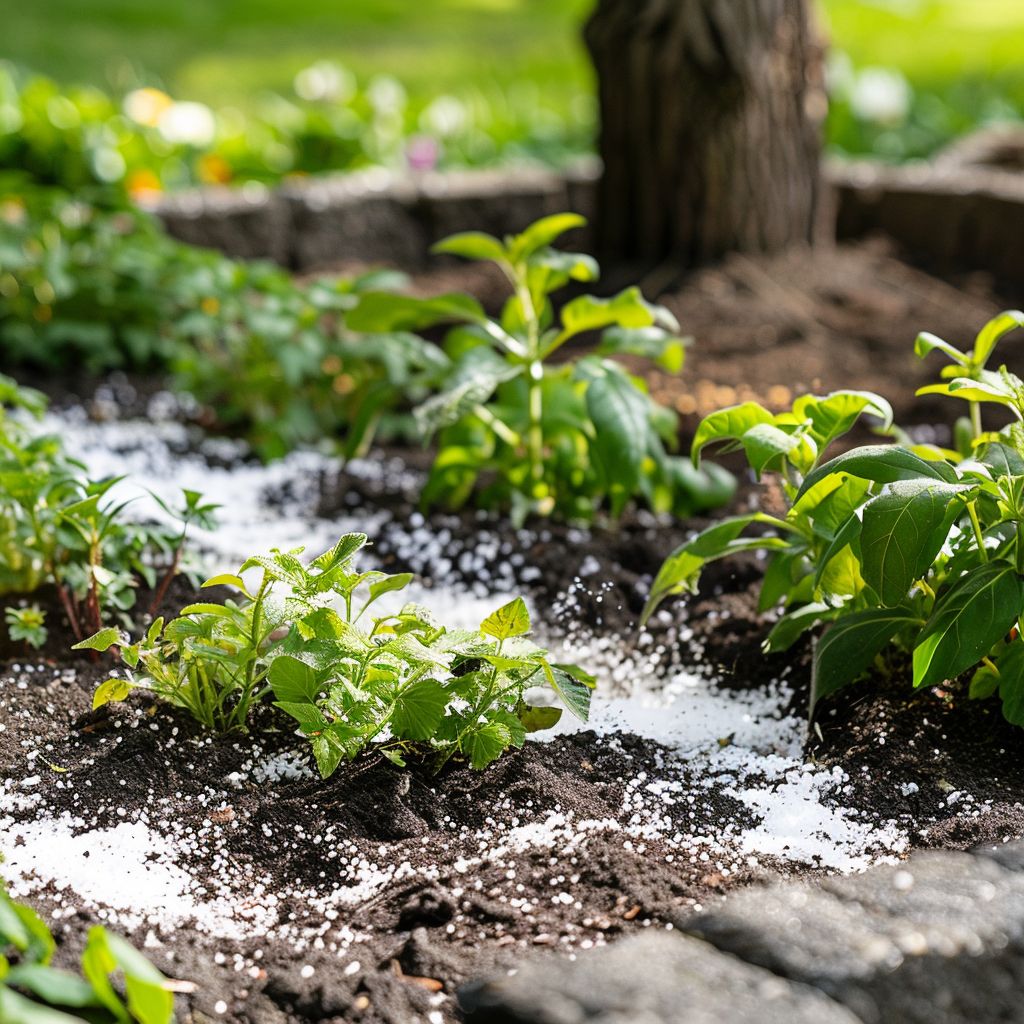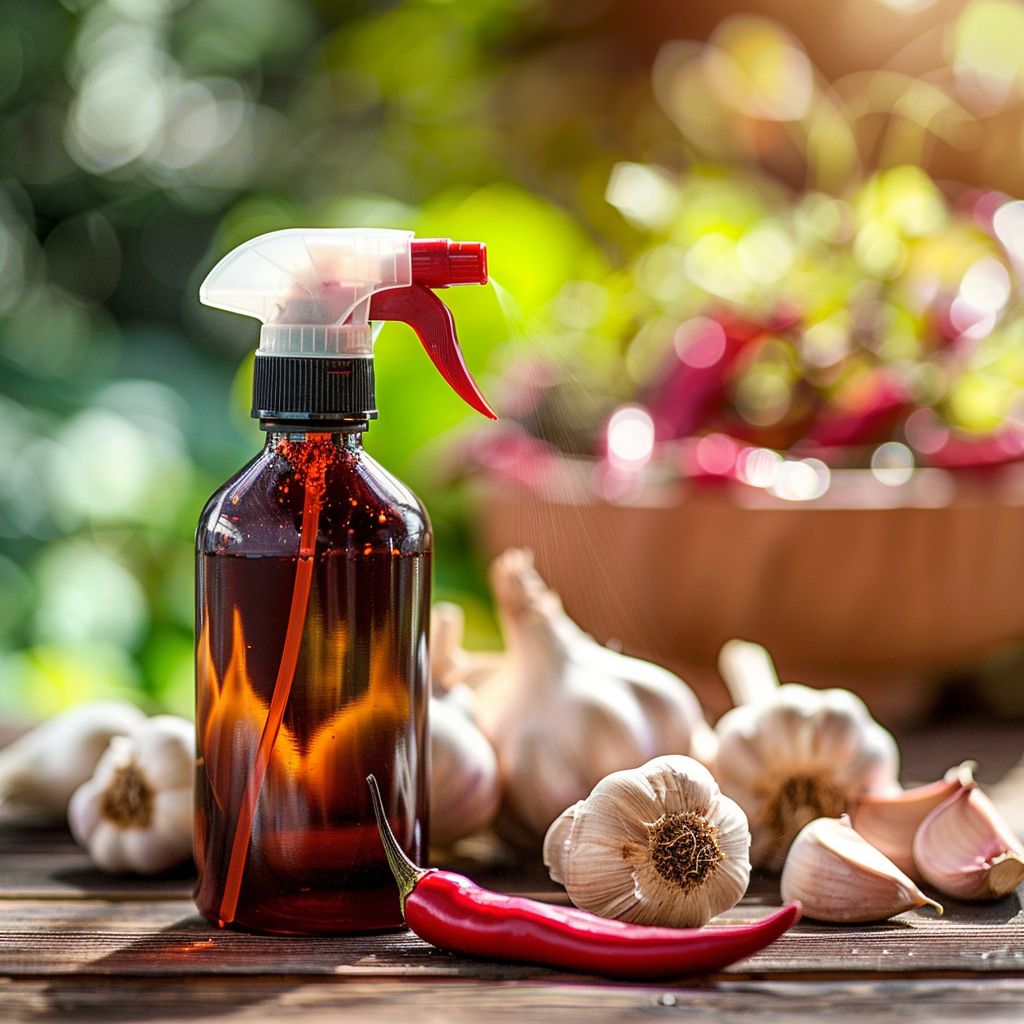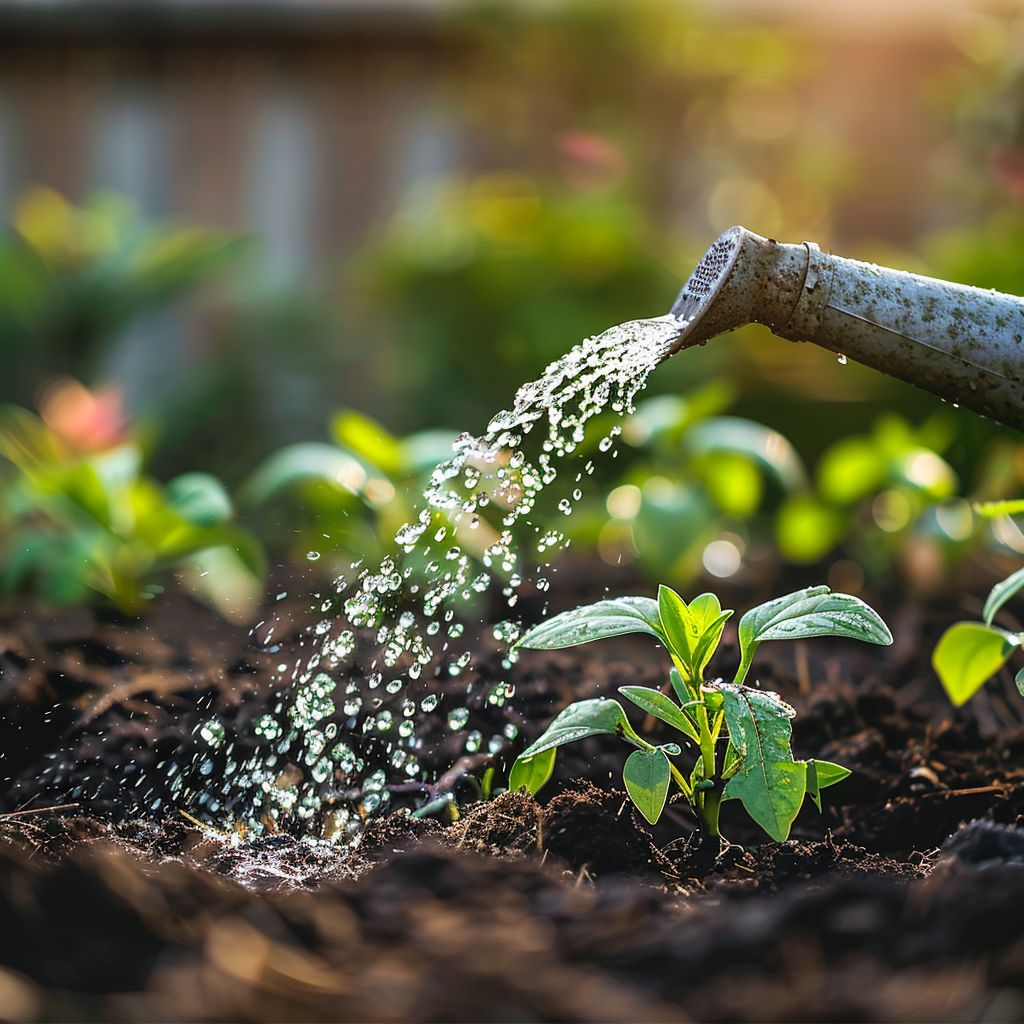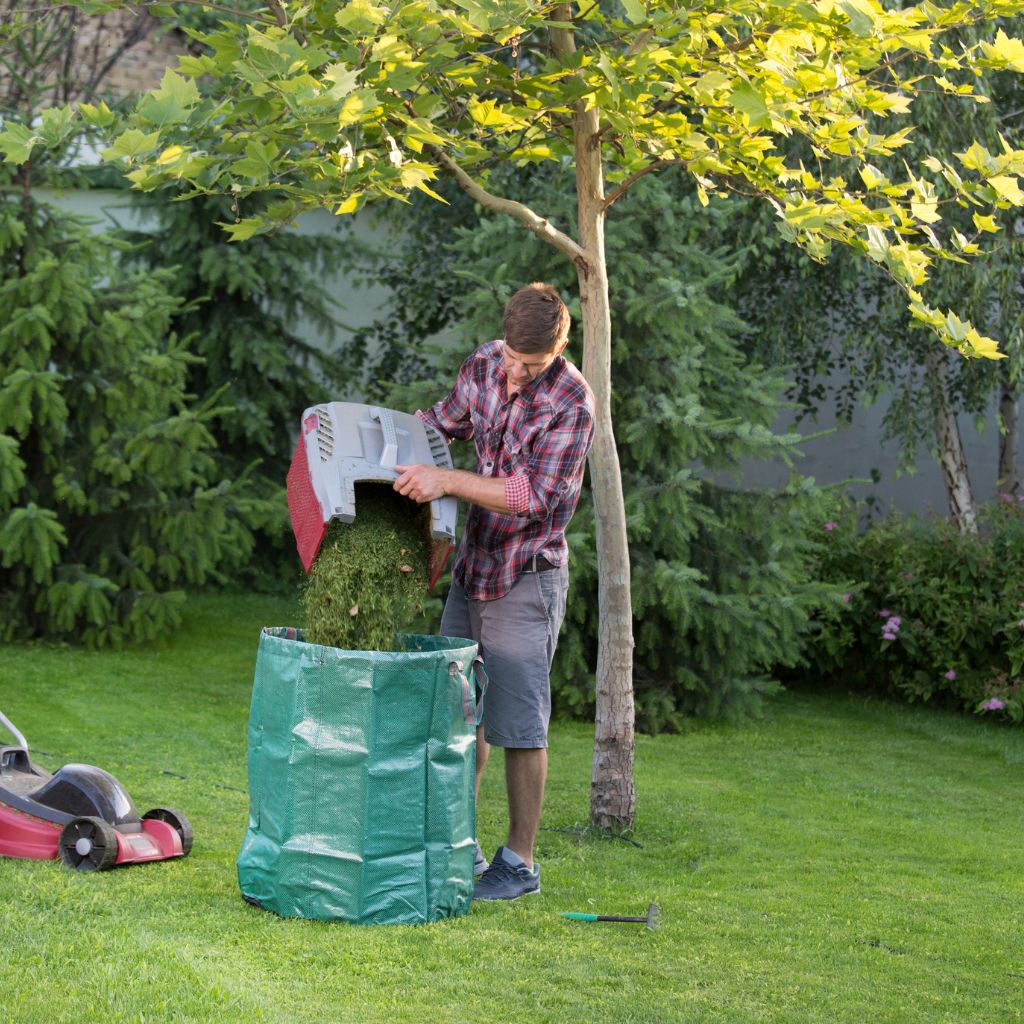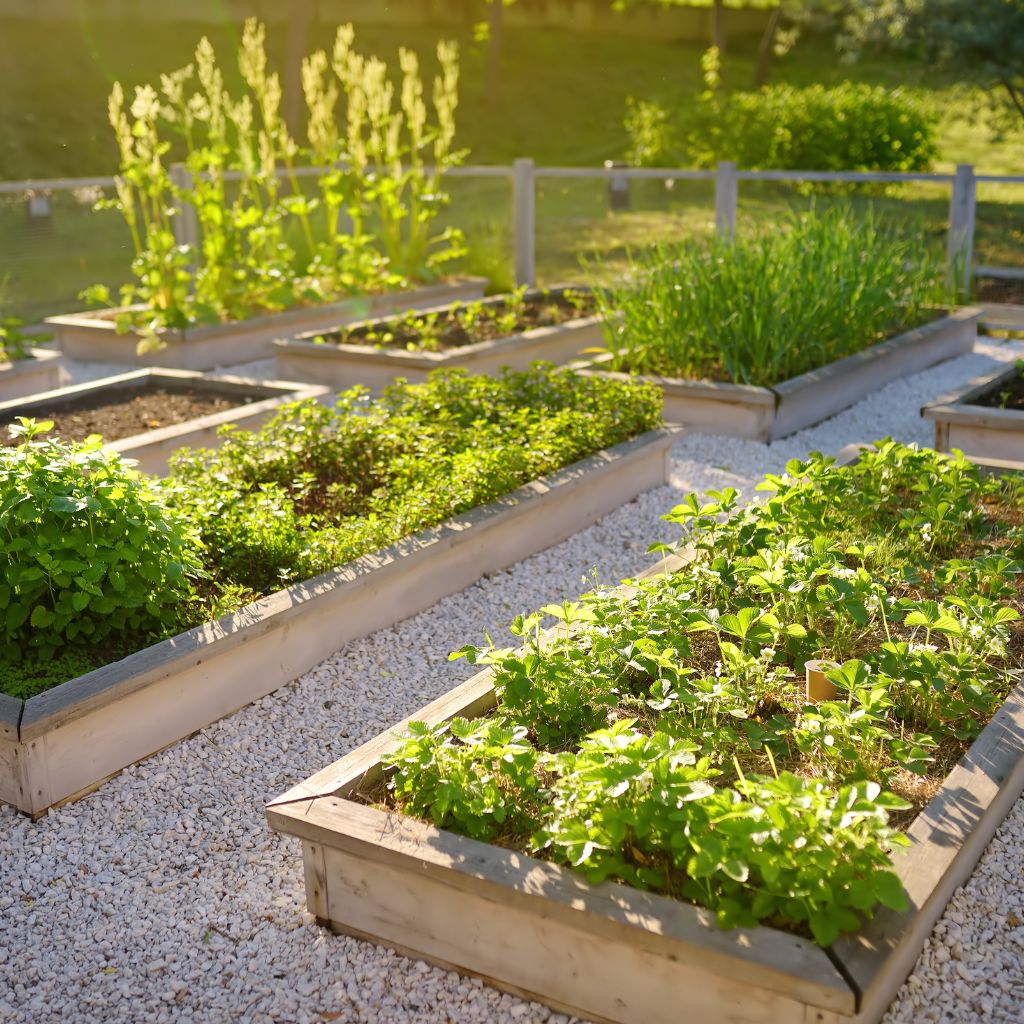Gardening is a rewarding hobby, but it comes with its own set of challenges. One of the most persistent problems gardeners face is the invasion of slugs and snails.
These pests can wreak havoc on your garden, consuming plants and leaving behind unsightly damage. While it’s important to manage these pests, many gardeners prefer to do so without resorting to chemical pesticides.
This guide will explore various natural and effective methods to keep slugs and snails at bay, ensuring your garden remains healthy and vibrant.
Understanding Slugs and Snails
Before diving into the methods of control, it’s essential to understand the nature of these pests.
Slugs and snails are gastropods, a group of mollusks characterized by their soft, unsegmented bodies.
While snails have a protective shell, slugs do not, making them more vulnerable to environmental conditions.
Life Cycle and Behavior
Both slugs and snails are most active at night and during damp or rainy conditions. They thrive in moist environments and often hide during the day under leaves, rocks, or garden debris.
Their lifecycle involves laying eggs in moist soil, which hatch into tiny slugs or snails that quickly grow and start feeding on plants.
Damage to Plants
Slugs and snails are notorious for their voracious appetites. They feed on a wide variety of plants, including tender seedlings, leafy greens, and ornamental flowers.
The damage is often characterized by irregular holes in leaves, stems, and flowers, along with a slimy trail that indicates their presence.
13 Natural Methods to Control Slugs and Snails
Managing slugs and snails without chemicals requires a combination of strategies. Here are several effective methods to keep these pests under control.
1. Create a Gritty Barrier
Slugs and snails dislike crawling over rough surfaces. You can create barriers around your plants using materials like crushed eggshells, nutshells, gravel, or coarse sand.
These barriers are uncomfortable for the pests to cross, reducing their access to your plants.
2. Use Beer Traps
Beer traps are a popular and effective method to control slugs. Slugs are attracted to the smell of beer. To create a beer trap:
- Bury a shallow container, such as a plastic cup or yogurt pot, so the rim is level with the soil.
- Fill it halfway with beer.
- The slugs will crawl in and drown.
However, this method may need regular maintenance as the beer needs to be replaced frequently.
3. Coffee Grounds
Coffee grounds are an excellent organic method to deter slugs and snails. They are repelled by the smell and texture of coffee grounds.
Simply scatter used coffee grounds around the base of your plants to create a protective barrier.
4. Copper Tape
Copper tape is an effective slug deterrent. When slugs and snails come into contact with copper, it generates a mild electrical charge that repels them.
Apply copper tape around the rims of pots or create barriers around garden beds.
5. Seaweed
Seaweed is another natural repellent. It is salty and creates an unpleasant environment for slugs.
Spread fresh or powdered seaweed around your plants. As it dries, it forms a crusty barrier that slugs find difficult to cross.
6. Nematodes
Nematodes are microscopic worms that are natural predators of slugs. These beneficial organisms can be introduced into the soil where they infect and kill slugs.
This method is safe for pets and humans but can be expensive and requires specific conditions to be effective.
7. Encourage Natural Predators
Attracting natural predators to your garden can help control slug and snail populations. Birds, frogs, toads, hedgehogs, and ground beetles are all natural enemies of slugs and snails.
Creating a wildlife-friendly garden with bird feeders, ponds, and hedgehog shelters can encourage these predators to take up residence.
8. Companion Planting
Certain plants can repel slugs and snails or attract beneficial insects that prey on them. Plants like lavender, rosemary, sage, and fennel have strong scents that deter these pests.
Companion planting these herbs with susceptible plants can provide natural protection.
9. Manual Removal
Although time-consuming, manually removing slugs and snails can be very effective, especially in small gardens.
Head out in the evening or early morning with a flashlight and a container to collect them. Dispose them far away from your garden or in a compost pile.
10. Grapefruit or Melon Traps
Fruit peels, such as grapefruit or melon halves, can be used to trap slugs. Place the peels upside down near vulnerable plants. Slugs will seek shelter under them during the night, and you can collect and dispose of them in the morning.
11. Diatomaceous Earth
Diatomaceous earth is a natural powder made from fossilized algae. It has sharp edges that are harmful to slugs and snails.
Sprinkle it around your plants to create a barrier. However, it loses effectiveness when wet, so it needs to be reapplied after rain.
12. Garlic and Chili Spray
A homemade spray made from garlic and chili can deter slugs. To make the spray:
- Blend garlic cloves and chili peppers with water.
- Strain the mixture and add a few drops of dish soap.
- Spray this mixture on and around your plants.
The strong smell and taste repel slugs and snails.
13. Avoid Overwatering
Since slugs and snails thrive in moist environments, avoid overwatering your garden. Water your plants in the morning so the soil has time to dry out before evening. This reduces the damp conditions that slugs and snails prefer.
Preventative Measures
In addition to the above methods, taking preventative measures can help reduce slug and snail problems in your garden.
Maintain Garden Hygiene
Remove garden debris, fallen leaves, and plant material that provide hiding places for slugs and snails. Keeping your garden tidy reduces their habitat and makes it less attractive to them.
Create Dry Zones
Creating dry zones by spreading gravel or sand around your garden beds can make it difficult for slugs and snails to move around. Dry zones reduce the areas where they can thrive and lay eggs.
Use Raised Beds
Raised beds can help deter slugs and snails by making it harder for them to reach your plants. Adding a copper barrier around the edges of raised beds provides additional protection.
Plant Resistant Varieties
Some plants are naturally resistant to slugs and snails. Consider planting these varieties to reduce the risk of damage. Plants like ferns, ornamental grasses, and certain herbs are less attractive to these pests.
Monitor and Adjust
Regularly inspect your garden for signs of slug and snail activity. Early detection allows you to take action before significant damage occurs. Adjust your control methods as needed based on the level of infestation and environmental conditions.
Managing slugs and snails in your garden can be challenging, but it is possible to control them effectively using natural methods.
By combining barriers, traps, natural predators, and preventative measures, you can protect your plants without resorting to harmful chemicals. Every garden is unique, so it may take some trial and error to find the best combination of strategies that work for you.
With persistence and a holistic approach, you can enjoy a healthy, thriving garden free from the destructive effects of slugs and snails. Happy gardening!
